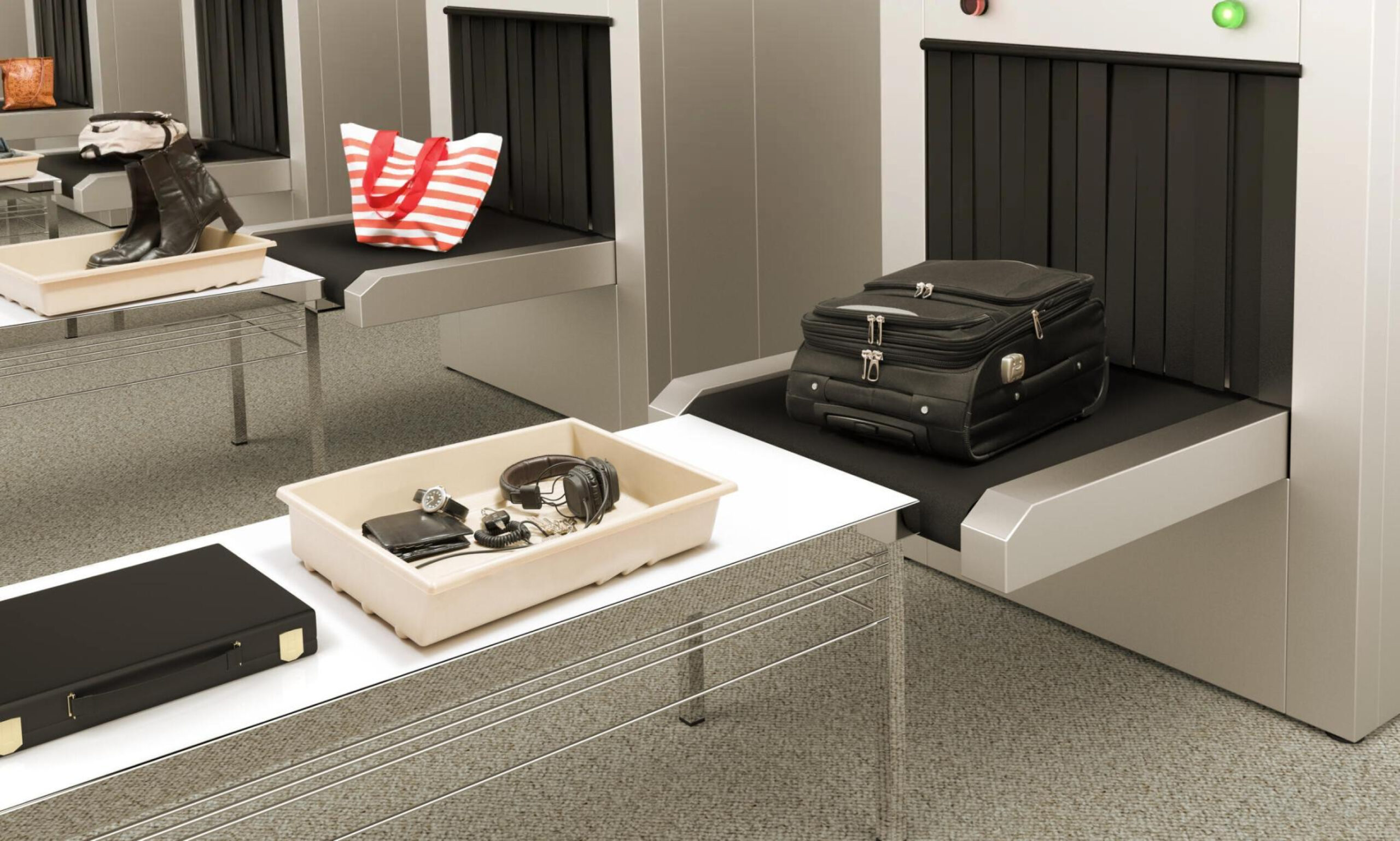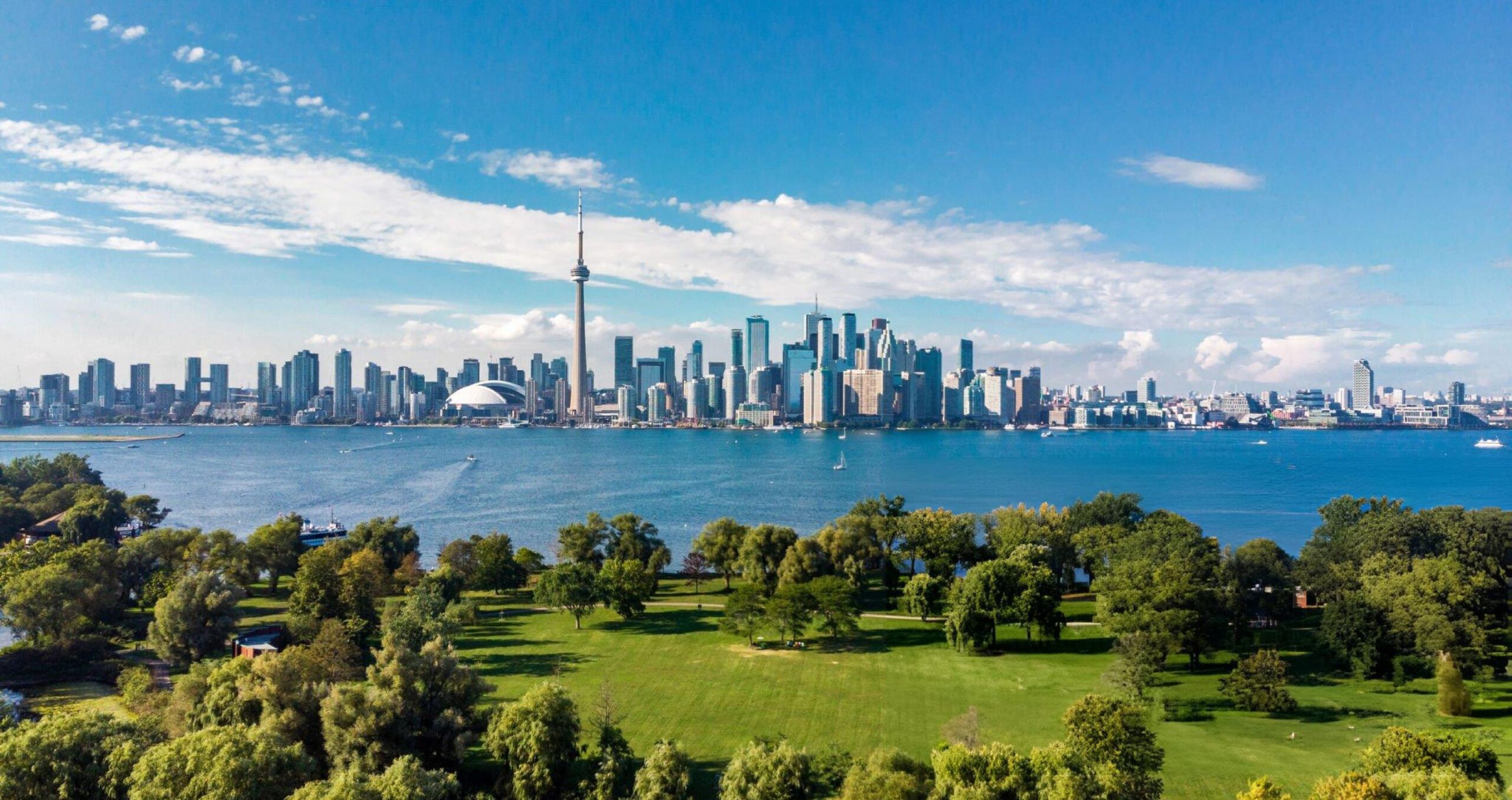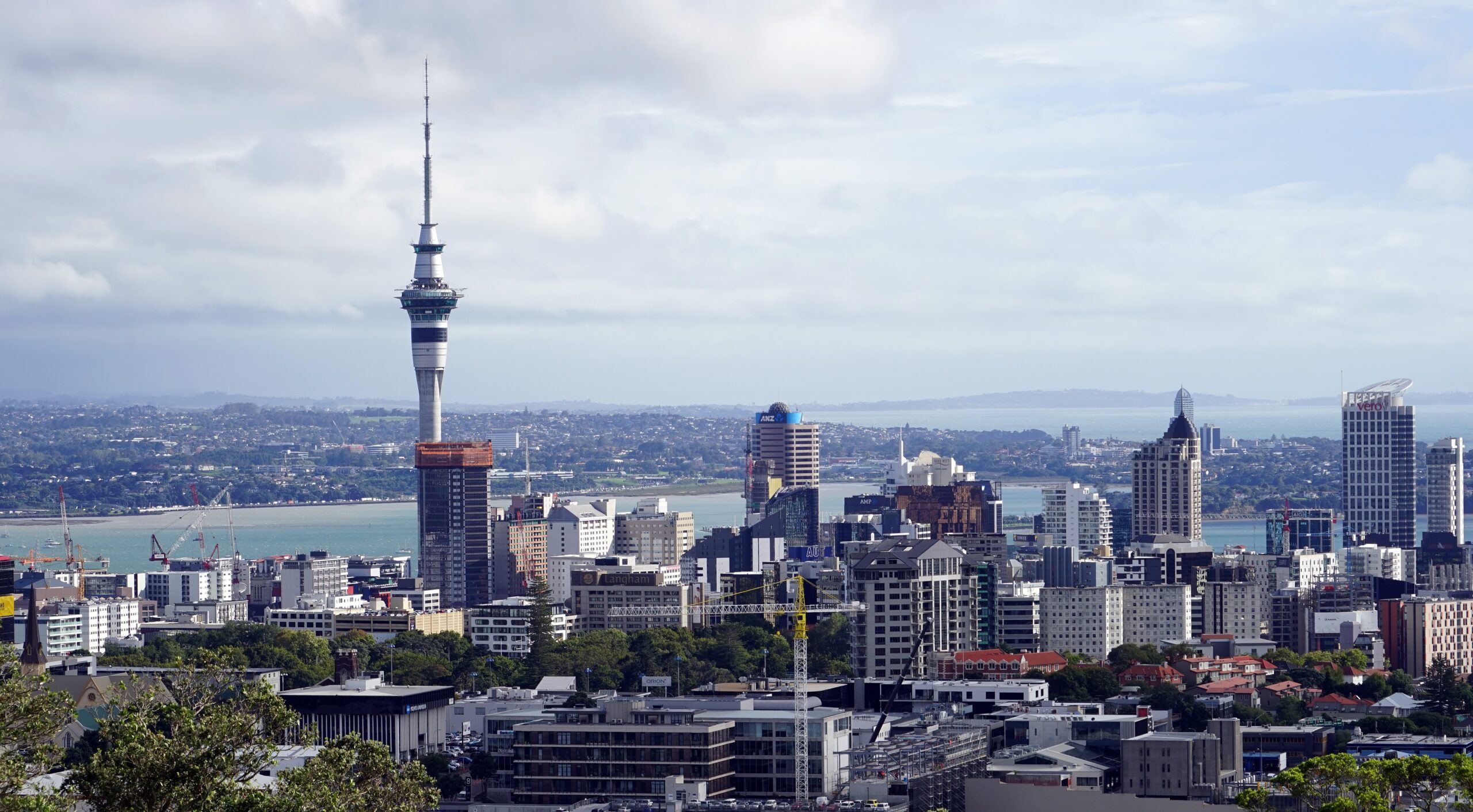Five major American airlines have increased their checked bag fees since January 2024.
Let’s take American Airlines for instance. In 2023, it cost $30 to check a standard bag with the airline. Today, by March 2024, American Airlines has raised that to $40, which is a whopping 33% increase.
As someone who studies travel as a business school professor, I’m often asked why airlines separate all charges instead of bundling them with baggage fees. There are many reasons, but a significant, often overlooked factor lies buried within the U.S. tax code.
The tax law is flawed. Airlines pass on 7.5% of the ticket price to the federal government as transportation taxes when passengers fly domestically. Airlines dislike these charges, citing their commercial association as they essentially add almost a fifth to the price of an average airfare for consumers.
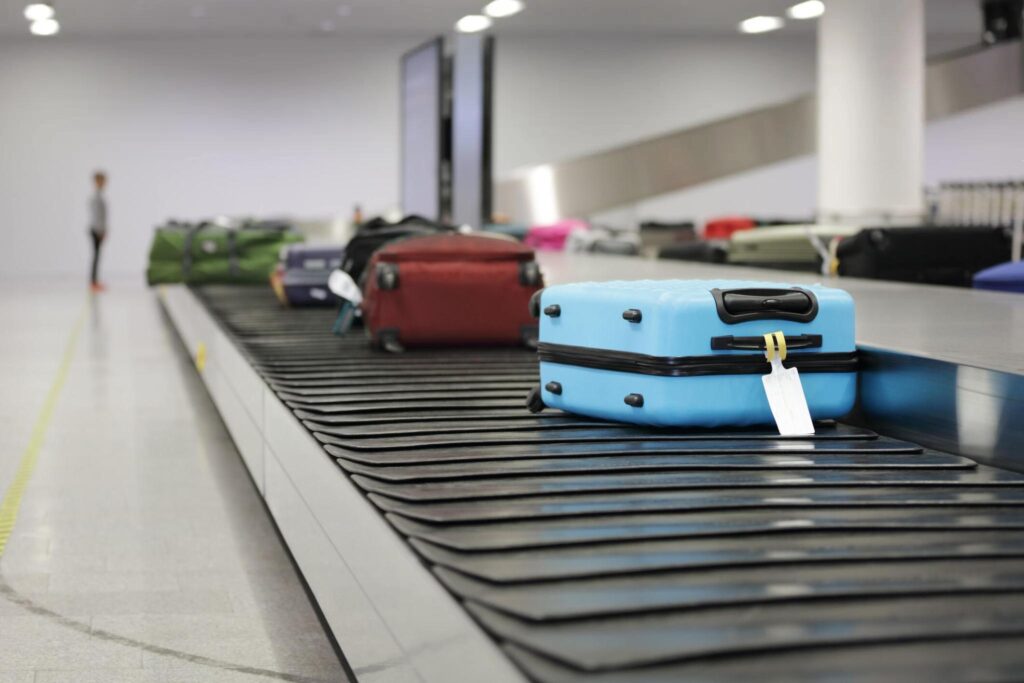
However, the U.S. Code of Federal Regulations specifically exempts baggage from the 7.5% transportation tax until “the charge can be separately identified and stated and the proper amount shown.”
What this means is that if an airline charges you a combined $300 for a flight and a round-trip bag in the United States, $22.50 in taxes must be paid to the government.Your total cost will be the same if the airline costs you $220 for your flight and an additional $40 for your bag; however, the airline will only be required to pay $16.50 in taxes to the government. By dividing the costs, the airline saves $6.
Now, $6 might not seem like much, but it adds up. Last year, travelers checked over 800 million bags on major airlines alone. Even if only a fraction of those checked a bag, it translates to significant savings for the industry.
How significant? The government has been tracking revenue from bag fees for decades. In 2002, airlines collectively charged passengers around $180 million to check bags, which amounts to about 33 cents per passenger.
Today, as anyone can confirm, bag fees are much higher. Airlines collected 40 times more revenue from bag fees last year compared to 2002.
When the data for 2023 is complete, total bag fees could exceed $7 billion, or about $9 per average domestic traveler. By separating baggage fees, airlines avoided paying nearly half a billion dollars in taxes last year alone.
In the two decades since 2002, travelers have paid airlines nearly $70 billion in bag fees. That means by charging separately for bags, airlines have saved nearly $5 billion in taxes.
It’s clear to me that tax savings is a major driver behind separating baggage fees from fare charges.
The U.S. government does not impose a 7.5% tax on international flights beyond 225 miles from the country’s borders. Instead, there are designated international departure and arrival taxes. That’s why while major airlines charge $35 to $40 for bags domestically, they don’t levy a fee when you fly to Europe or Asia.
Does this benefit travelers?
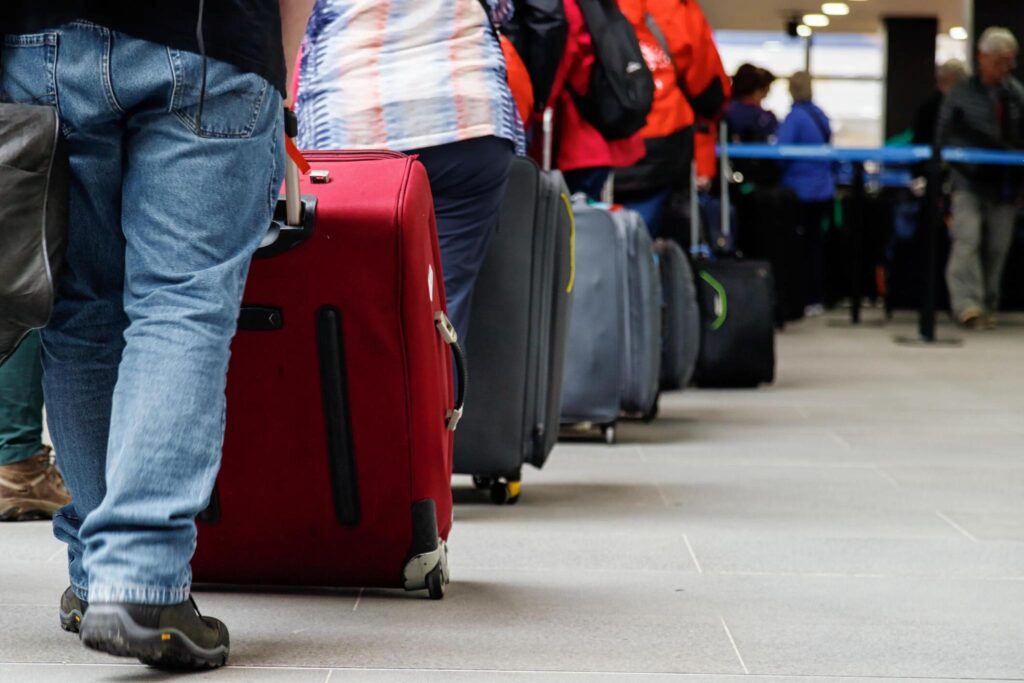
This system raises an interesting question: Does charging baggage fees separately make airlines more cautious with bags because higher-paying customers expect better service? To find out, I checked with the Department of Transportation’s Bureau of Transportation Statistics, which has been tracking mishandled bags for decades.
For years, it has tracked the number of mishandled bag reports per 1,000 airline passengers. According to government figures, there were about seven reports of mishandled or lost bags for every 1,000 passengers in 2007, when the number of mishandled bags peaked, per 1,000 checked bags. That means you could expect your bag to go missing once every 140 or more flights. By 2018, that estimate had dropped to one mishandled bag every 350 flights.
The government modified its tracking system for mismanaged luggage in 2019; instead of using the overall number of passengers, it now bases its calculations on the total number of bags checked. According to the latest data, roughly six bags—or fewer than 1% of all checked bags—are mishandled or misplaced for each one thousand that are checked. Regretfully, the statistics does not indicate any enhancement over 2019.
Is there anything you can do about higher bag fees?
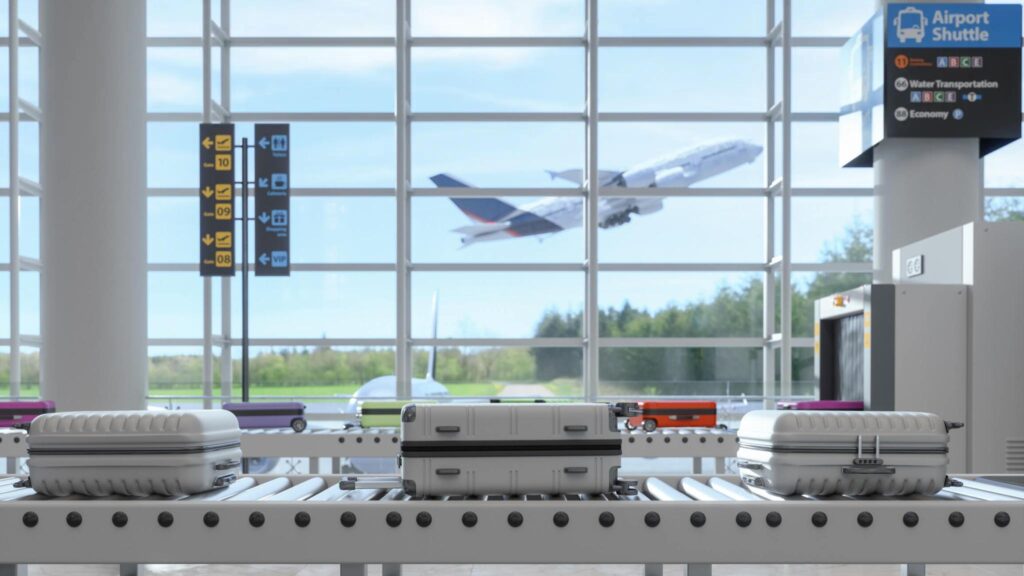
Complaining to politicians may not help. In 2010, two senators attempted to regulate baggage fees, but their bill went nowhere.
Seeing that Congressional action failed, an easy way to avoid higher bag fees is to travel light and skip baggage checks altogether. While it may be challenging to carry all your belongings during your travels, avoiding bag fees could be the best option.

